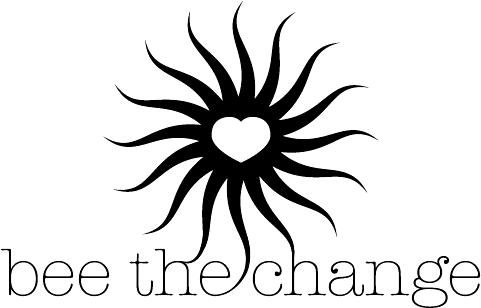UN Biodiversity Report
“If you want to change the world, teach your children to love the insects” –Dalai Lama
As an organization, we continually question the importance of planting diverse landscapes to support pollinators. This past week, though, we received some validation in the most recent UN report on biodiversity and species loss, based on an assessment by 145 scientists from 15,000 scientific studies and government sources. "The health of ecosystems on which we and all other species depend is deteriorating more rapidly than ever. We are eroding the very foundations of our economies, livelihoods, food security, health and quality of life worldwide,” stated Sir Robert Watson, Chair of the group which announced its findings last week. From all quarters, experts are calling for transformative change.
So what does the the report mean for our work? Where Bee the Change is concerned, several key statistics and trends outlined in the consensus stand out:
>75% of global food crop types rely on animal pollination
US$235 to US$577 billion: annual value of global crop output at risk due to pollinator loss
Decline in many key indicators of nature’s contributions to people, including pollinator diversity
This report was also one of the first to connect the dots to a number of related issues, like food security, energy production, global health and financial security. Our dependence on plants (and the animals that help to pollinate them) runs much deeper than the aesthetic beauty or tasty fruits that they provide.
For us, the report confirmed reaffirms our commitment to expanding from our work in solar fields to backyards, municipal spaces and schoolyards. Check here for ways that you can support these efforts. Plant some wildflowers! Buy a jar of local honey! Read up on a local bee species! We’re all in this together and it’s time to mobilize.

